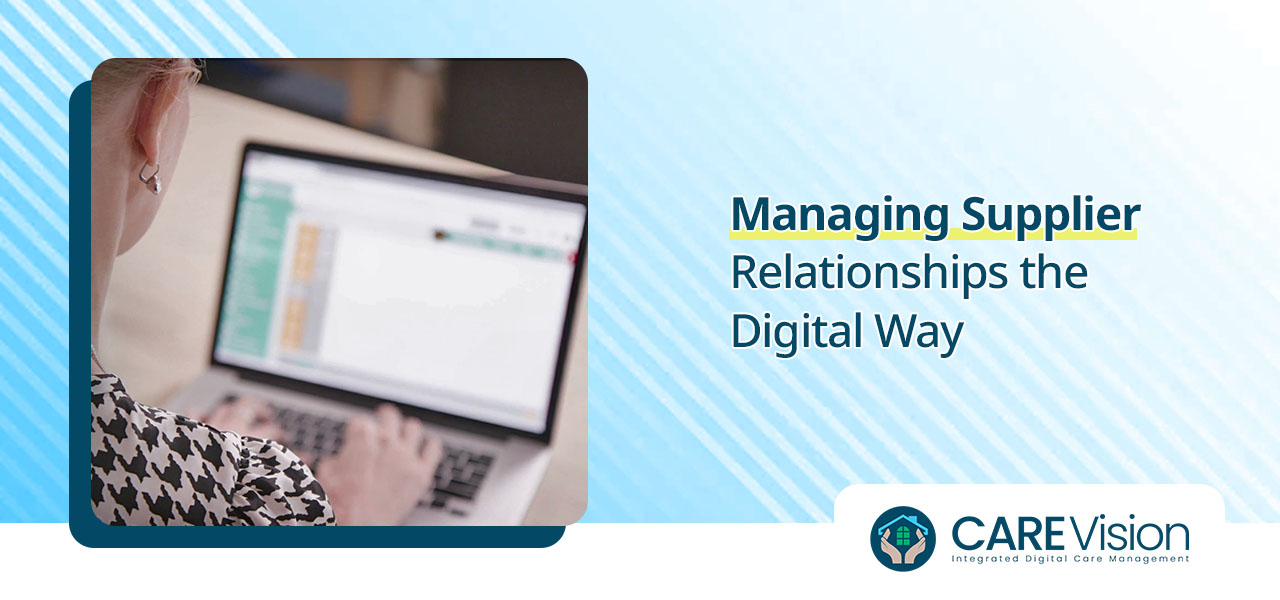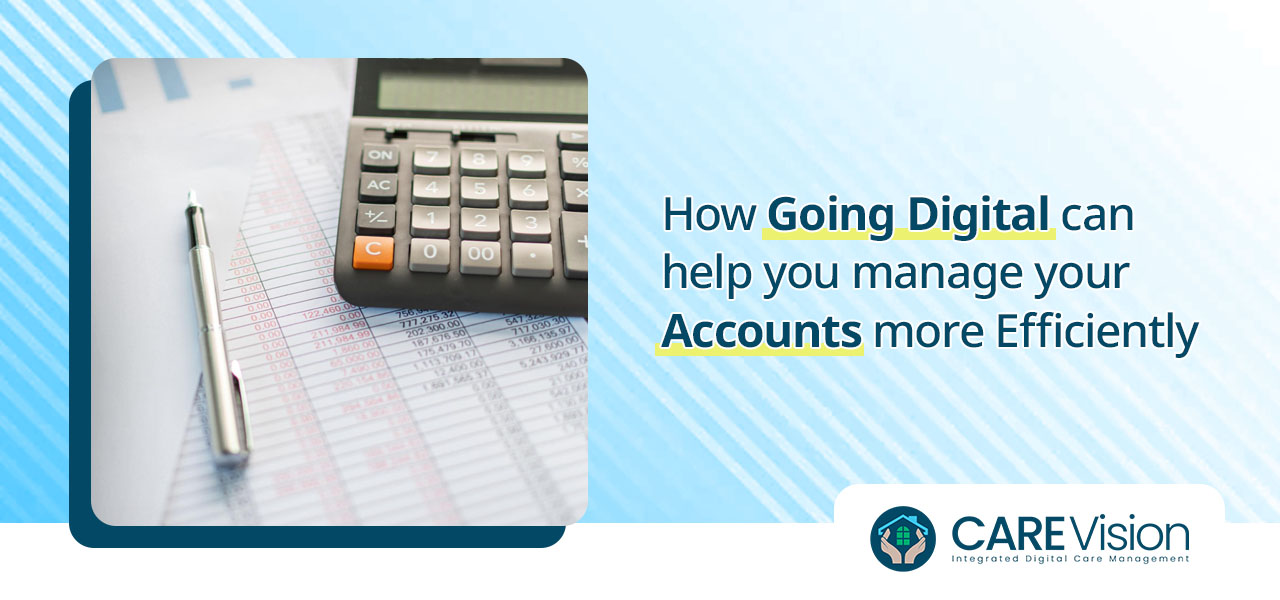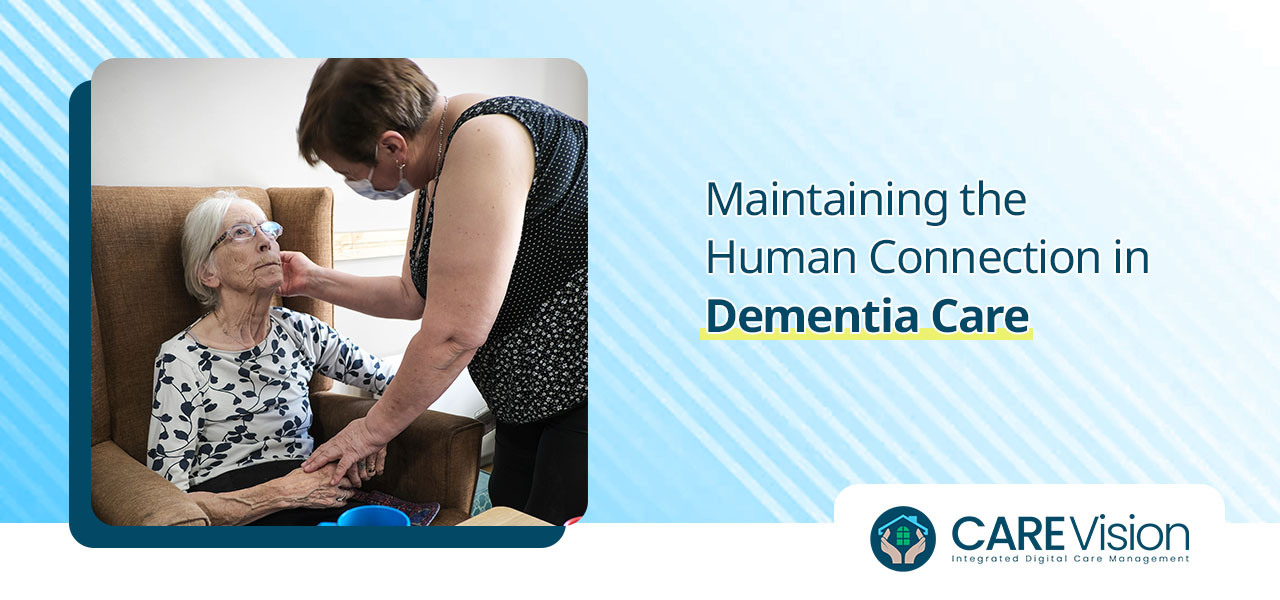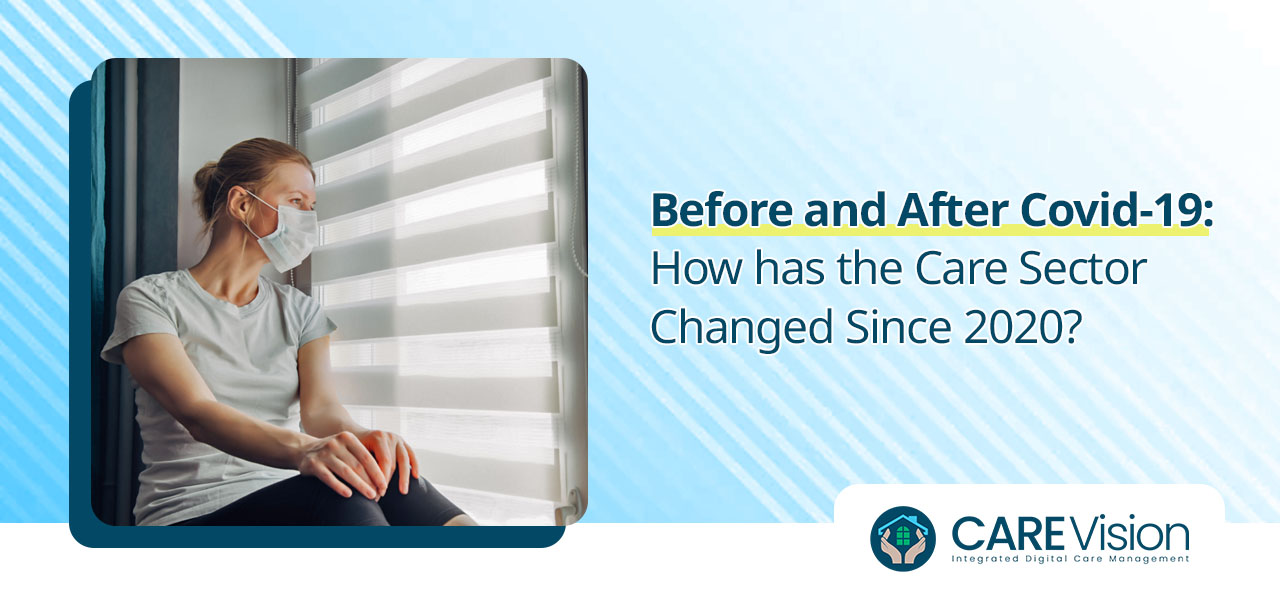Learning Disability Week takes place this year between 19 and 25 June. Organised by UK charity Mencap, it aims to bust myths about living with a learning disability and highlight the stigmas and challenges many people still face. The week links to a number of key themes, from campaigning to sport; employment to volunteering.
If you run a care home that supports residents with learning disabilities, you may well already be aware of this initiative and indeed be planning events and activities around it. However, here are some more ways to enhance the care you provide and help your residents live fulfilled lives.
Communications
Helping people communicate their needs and tell their story is key to ensuring they can live a safe and fulfilled life. Care home residents should be encouraged to let staff know what they need and want to say, in whichever way is most comfortable and suitable for them. Some ways in which care homes can help with this include learning different forms of communication, including non-verbal languages such as Makaton or British Sign Language.
Other communications methods could include writing messages, using picture boards or creating visual time lines to let residents know what they will be doing when during the day. Stay on top of training for your teams in these areas for greater understanding and communications between staff and residents and their families.
Friends and family
Contact with familiar loved ones can help care home residents with learning disabilities feel safe, loved and happy. Family members also often act as advocates, cheerleaders, interpreters and mediators when an issue arises that needs careful attention. Building a strong relationship with friends and family members can really help enhance a resident’s experience and level of contentment in the care home.
Care Vision’s electronic visitors book helps staff keep track of who is visiting and for how long. Use the staff rota function and activity planning tools to organise special events such as open days, family celebrations etc. to help your residents’ loved ones feel part of your community too.
External support
Many people with learning disabilities respond well to external therapies, such as music therapy, art therapy, counselling sessions and more. Such therapies provide people with a calm, non-judgemental space to express themselves, share feelings and to deal with difficult things.
Therapists can come in regularly or by appointment to run private 1-2-1 sessions or group activities, whichever is most appropriate. Again, Care Vision software can help staff organise this by planning schedules and ensuring staff rotas are fixed to allow adequate numbers of care home staff on duty to support the activity. Visiting therapists can also share their thoughts and advice and access information about the people they are coming to visit.
Medications and healthcare
Using an eMAR to record people’s medication simplifies the recording process of carers administering medicine to residents. It also provides an indisputable
‘paper trail’ for future checks, audits and to help inform changes in dosages or prescriptions.
Each resident also has their own personal record on Care Vision, where key notes and observations can be added by those who care for them. Carers can also track behaviour changes and concerning side-effects. This can be quite literally life-saving if the resident is unable or unwilling to communicate any potentially serious problems, pains or physical changes verbally.
Nutrition and exercise
Regular exercise lifts the spirits and helps the body stay flexible and fitter. Providing residents with learning disabilities with plenty of opportunities to get outside into the fresh air for walks, gentle sports and games etc. is hugely beneficial. As is leading exercise sessions indoors to help keep the body fit and stimulate the mind.
Added to that, meal planning, weight loss monitoring and fluid intake features from Care Vision all help keep residents properly nourished and better able to fight off infections and stay well. Keep a close eye on the nutritional intake of residents who have difficulties communicating what they would like to eat or have eaten, or who need extra physical assistance at mealtimes.
Mental health
Finally, protecting and supporting the mental health of people who live with learning disabilities is just as important as it is for anyone else. Often, people with learning disabilities struggle to get a mental health diagnosis. So, carers must be vigilant in looking out for signs of poor mental health. Unlike permanent learning disabilities, mental health conditions can worsen or improve over time and be affected by events that have happened in the resident’s life. It is important to give people the chance to talk about what is affecting them, as well as respect their desire for privacy if that is what they prefer.






